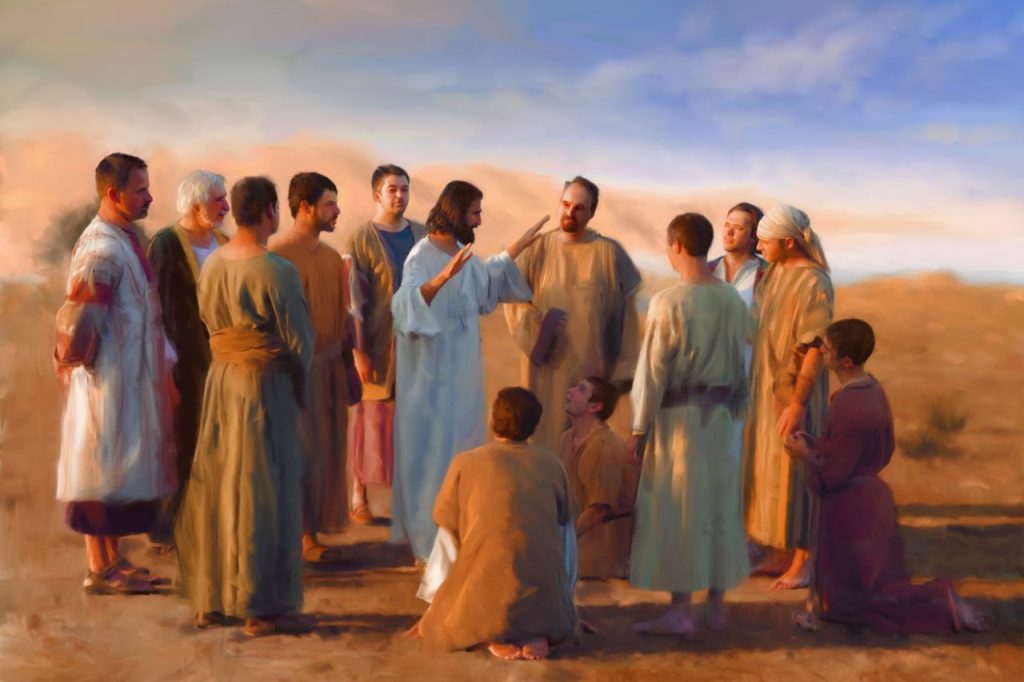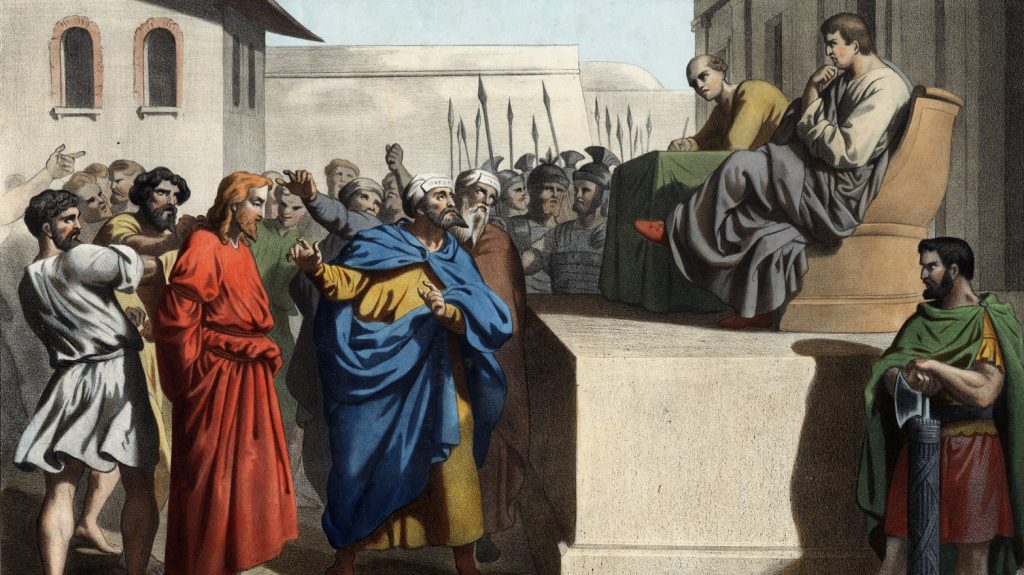The last time we took a dive into the importance of knowing your purpose and the endless list of pros to knowing your calling. But now that you may understand why it’s useful to know it, what knowing it can do, and the way it can change your life…the next reasonable question would, of course, be ‘So how do I discover mine?’.
Let’s try a small exercise. Close your eyes and imagine your average day in 10 years, what will you be doing? Assuming you have opened your eyes, add in Condition 1
- Money is not a concern for you, you don’t work because you have to. You work because you want to do something, you just get paid for it.
Again, close your eyes and imagine. Now add in Condition 2:
- Failure isn’t possible, assume that whatever you see yourself doing will be successful.
Now, close your eyes and imagine these two conditions combined.
Whatever you imagined yourself doing, in many cases will be an indicator of what you’re called to do. If you just imagined yourself asleep or soaking in the sun at the beach then you need to go back and read pt.1. The reason why we undertook the above exercise is that: Condition 1 removes the pressure of having to make money and Condition 2 removes the cap we often apply to ourselves by seeing a task as too big or too risky, which are some of the biggest lies used to hold us back from fulfilling that purpose.
You could engage in this exercise anywhere, therefore you might ask yourself- where is God in all this? Well, conditions 1 and 2, when added to the life you were imagining, are the equivalent of adding God. God’s involvement in your path to purpose should mean that money and failure cannot be the reason you fail to achieve it. This does not mean guaranteed wealth or success at every turn, but that lack of finances and failure on the way will not be the reason you can’t make it to your destination. God will send you and then provide the things needed to get there.
Then the whole congregation of the children of Israel complained against Moses and Aaron in the wilderness. And the children of Israel said to them, “Oh, that we had died by the hand of the Lord in the land of Egypt, when we sat by the pots of meat and when we ate bread to the full! For you have brought us out into this wilderness to kill this whole assembly with hunger.”
– Exodus 16:2-3
Then the Lord said to Moses, “Behold, I will rain bread from heaven for you. And the people shall go out and gather a certain quota every day, that I may test them, whether they will walk in My law or not.
– Exodus 16:4
The Lord Will Provide
When walking in purpose, God will provide. Money shouldn’t be a concern because God will not set you out to work without ensuring that you have the resources you need to be effective. If there are no resources available in your walk, your question should be: ‘Am I here because I want to be or because God sent me?’ Throughout the Bible we see examples of God intervening to keep His people afloat on the missions He sent them. If in Egypt before their emancipation, you had asked an Israelite if they wanted to reach the promised land, it’s not unreasonable to assume the answer would have been ‘yes’. However, when they started walking through the wilderness and they were asking for death instead, it seemed as if the promised land was far from being a priority. This is because the lack of resources discouraged them, they were hungry and starving and their end goal became secondary to survival.
This is the life many of us are living, the need to keep the lights on or living in comfort has us shelving our purpose for later when we can afford to take those risks. Imagine the Israelites had waited until they had enough food for 40 years to survive in the wilderness or waited until a season where the Red Sea was at its shallowest? They had to move into their purpose and God went ahead of them clearing seas and dropping food from the sky. The question is would you walk out into that wilderness and trust Him to feed you?
“Cursed is the one who trusts in man, who draws strength from mere flesh and whose heart turns away from the Lord. That person will be like a bush in the wastelands; they will not see prosperity when it comes. They will dwell in the parched places of the desert, in a salt land where no one lives.
But blessed is the one who trusts in the Lord, whose confidence is in him. They will be like a tree planted by the water, that sends out its roots by the stream. It does not fear when heat comes; its leaves are always green. It has no worries in a year of drought and never fails to bear fruit”
– Jeremiah 17:5-8
Nothing is Too Hard or Unrealistic for God
As for condition 2, if you believe that what you imagined is too big or too hard or unrealistic, I have to ask what do you consider to be a realistic limit for God? That thing you imagined in the opening exercise and then dismissed as unrealistic, if God sent you there is it still unrealistic?
This is the quickest way the enemy can hold you back from fulfillment, because if he can convince you not to start because it’s unrealistic, then he has stolen, killed and destroyed before you have even moved. The Bible will never tell you a task is too great for God, so holding on to such a false impression, of what God can or cannot do, is very detrimental. The Word is the truth and in this case it will set you free from the shackles that keep you from moving towards your purpose. Sometimes, we can’t be bothered, we all feel this way, but next time you do, ask yourself who stands to gain the most from your inactivity…and who stands to lose the most?
“Sanctify them by the truth; your word is truth.”
– John 17:17
“Then you will know the truth, and the truth will set you free.”
– John 8:32

Seek Ye First…
Okay, now that we have established the importance of purpose, so how do you find out yours and know that it is God who calls you not just your wishful thinking? The best answer to this is to seek God.
If you do not know Him, it’s unreasonable to expect to know His plan for you. As a general word of advice, ‘Seek God, get to know and understand His ways better’ will be the answer to many of the dilemmas you face in your walk with Christ. Honestly, try it, next time you’re faced with an issue, tell yourself to ‘Seek God, get to know and understand His ways better’ and something about that situation will change.
Furthermore, as you progressively understand Jesus’ relationship with us, you will see that it mirrors a lot of the things we are expected to be to the world and the gaps that are we are meant to fill within the world. For example, as you begin to understand Christ’s role as an intermediary or intercessor, you start to see why people might need someone to speak up on their behalf and you begin to realise that whenever your siblings got in trouble, it was you they called to plead for their forgiveness, you have a lifetime training in speaking on people’s behalf. It’s not a coincidence, it’s divine design (coining that phrase now if it hasn’t been).
“Look to the Lord and his strength; seek his face always.”
– 1 Chronicles 16:11
Not to get side-tracked, saying seek God is great advice but more often than not the question is how? So here are some practical ways to seek God and discover purpose.
His Word
The Bible tells us that He is the Word. The Word is Him, therefore the discovery of the Word is a discovery of Him. All the questions you have about what God wants us to do or who He wants us to be are all in the Word. In times of uncertainty you can weigh the decision you want, mark it against people in the Bible making similar decisions, and read how God felt about it. Did this please him? If so, you might want to look into it more. If it caused God to grieve, it’s probably something you want to avoid. The Word is always a great place to start, as there will always be parts that are accessible to you.
“And we also thank God continually because, when you received the word of God, which you heard from us, you accepted it not as a human word, but as it actually is, the word of God, which is indeed at work in you who believe.”
1 Thessalonians 2:13
The Holy Spirit
As if the bible app on your phone is not portable enough, God went so far as to send us a Helper to reside within us and guide us. So as the Word begins to stick, it will dwell in your heart as opposed to just being words on a page. When weighing up decisions you may not have to turn to a particular passage, The Holy Spirit will be there to bring to remembrance the morals and purposes of what the Word has taught you. Speaking from experience, hearing the voice of the Holy Spirit is only half the battle, the hard part is doing what He says regardless.
“But the Helper, the Holy Spirit, whom the Father will send in my name, he will teach you all things and bring to your remembrance all that I have said to you.”
– John 14:26
Prayer
Closed mouths don’t get fed. Have you actually tried spending a few days just asking Him? Just going to Him and asking Him to show you some of the picture of what He requires you to do. However, you must ask yourself if you’re ready for the answer. There was a time I prayed for an answer on something for months and kept feeling like I was getting nothing. Until one day God revealed that He had been telling me for a while that I shouldn’t be where I was, but I was so attached to the situation, to the point where all I wanted to hear was, ‘yes proceed’ – and that’s not what I got so I thought it was silence. Some real soul-searching is required to establish whether you’re ready to commit to WHATEVER He instructs.
“This is the confidence we have in approaching God: that if we ask anything according to his will, he hears us.”
– 1 John 5:14
Fasting and Retreating
Sometimes fasting is about removing distractions and focusing, and at other times it is about sacrifice. Speaking from experience, every single time God has revealed purpose-related matters to me, I had been fasting. That’s not to say that you can’t get these answers without fasting, but I can’t ignore the effect it seems to have. Whilst the anecdote is personal, there are countless examples in the Bible of people fasting or removing themselves from their daily routine and distractions in order for God to reveal something to them.
“While they were worshiping the Lord and fasting, the Holy Spirit said, “Set apart for me Barnabas and Saul for the work to which I have called them.”
– Acts 13:2
“Moses was there with the LORD forty days and forty nights without eating bread or drinking water. And he wrote on the tablets the words of the covenant—the Ten Commandments”
–Exodus 34:28
where for forty days he was tempted by the devil. He ate nothing during those days, and at the end of them he was hungry. The devil said to him, “If you are the Son of God, tell this stone to become bread.” Jesus answered, “It is written: ‘Man shall not live on bread alone.’”
–Luke 4:2-4

The answers you are looking for will be in some combination of these practical steps, that much He has already promised us. Whatever your purpose is, God has been moulding you for it since the day you were born and as such there will probably be pointers in your life that allude to it. However, these pointers should always come after the 4 points above, in terms of their weighting. But if you’re going to wait until tomorrow to start that fast or that prayer period, then there are things to think about in the meantime. If this topic has got you reflecting and wondering what you were put here to do, here are some other questions you can ask yourself to provide insight:
1. What can you do well without effort?
2. What makes you angry enough to make a change?
3. What releases your compassion or can move you to tears?
4. Is there anything you feel God has called you to do?
5. What problems can you not ignore?
After answering all of these you might start to see a natural inclination to a particular topic or issue or perhaps something you have a natural flair for, whatever it is, it’s a good starting place.



















